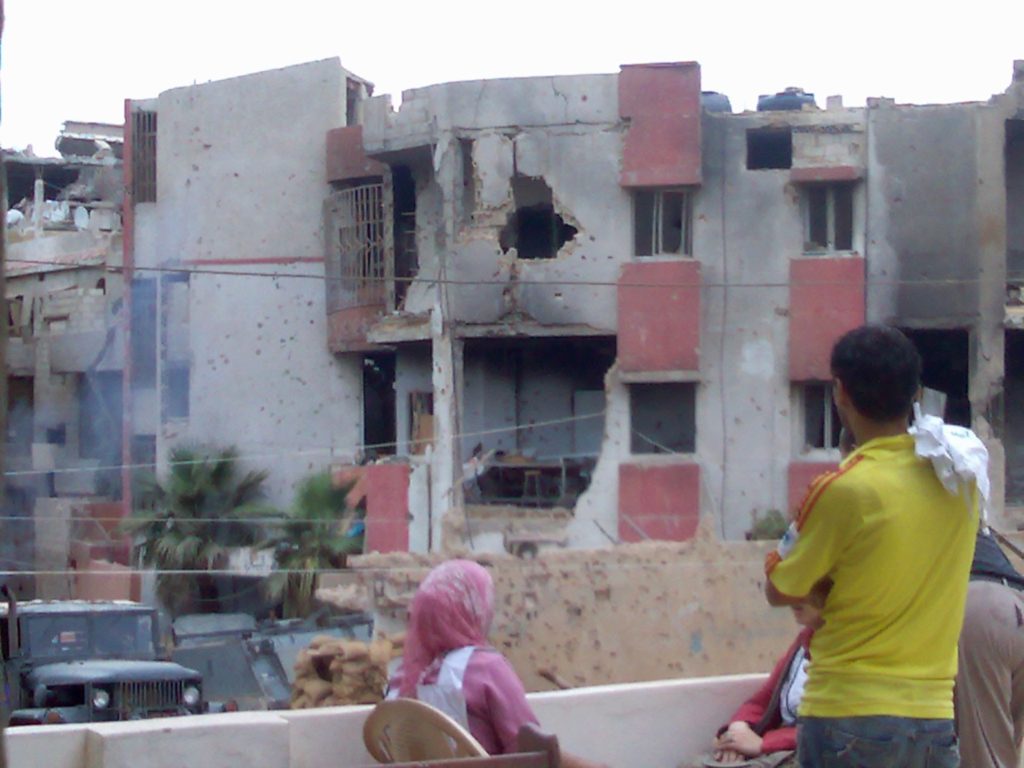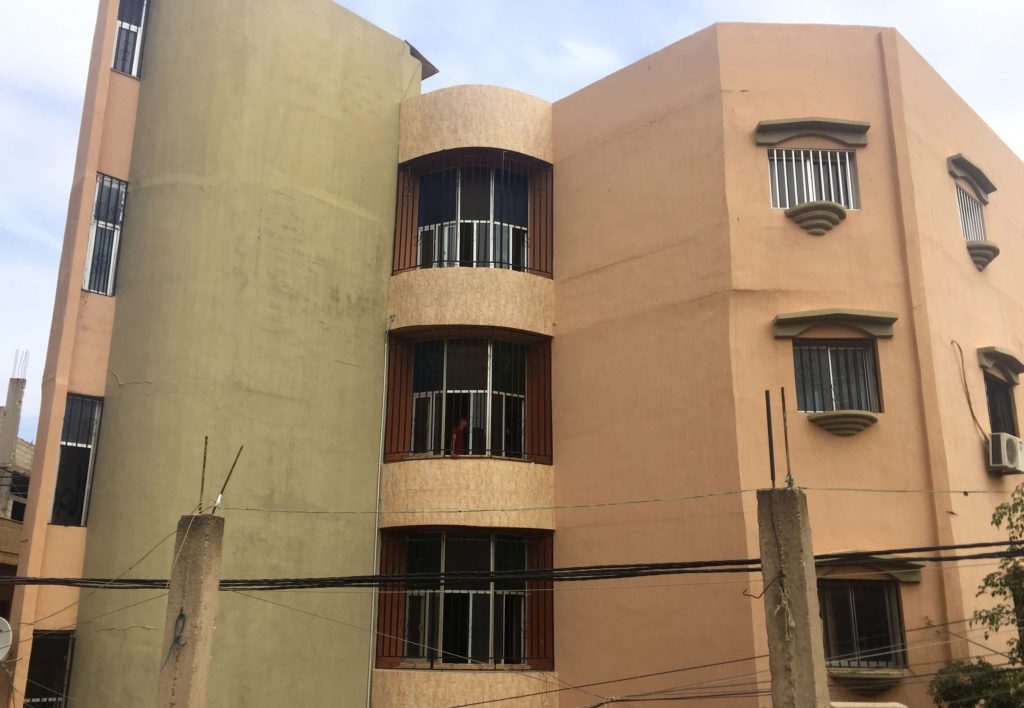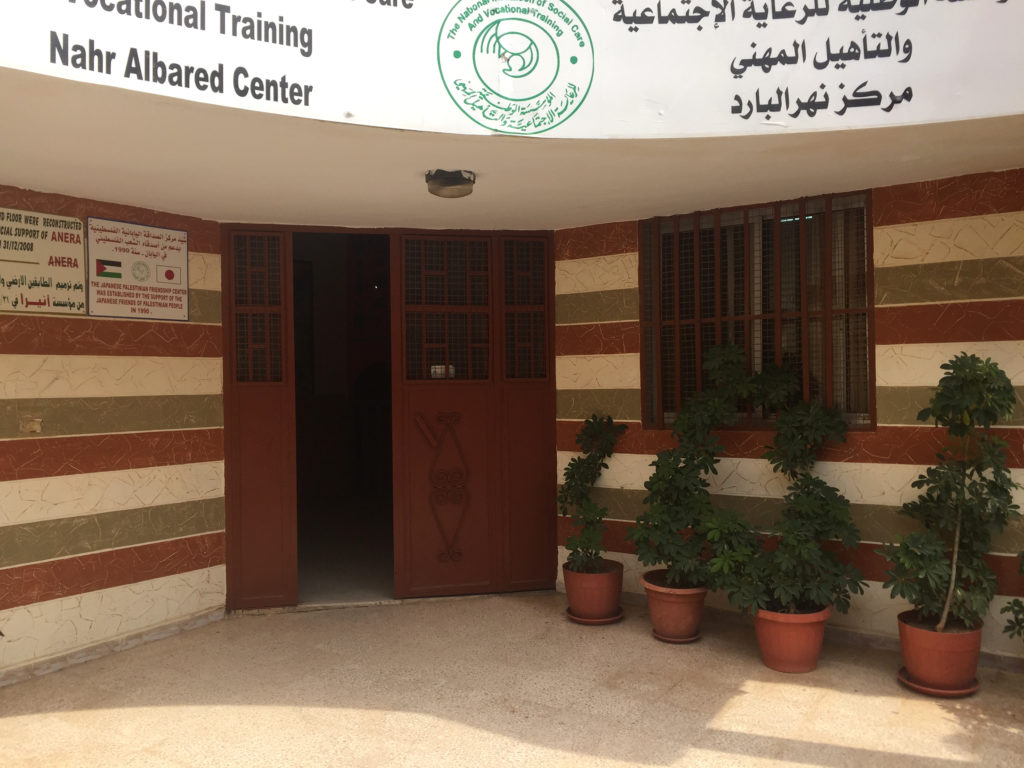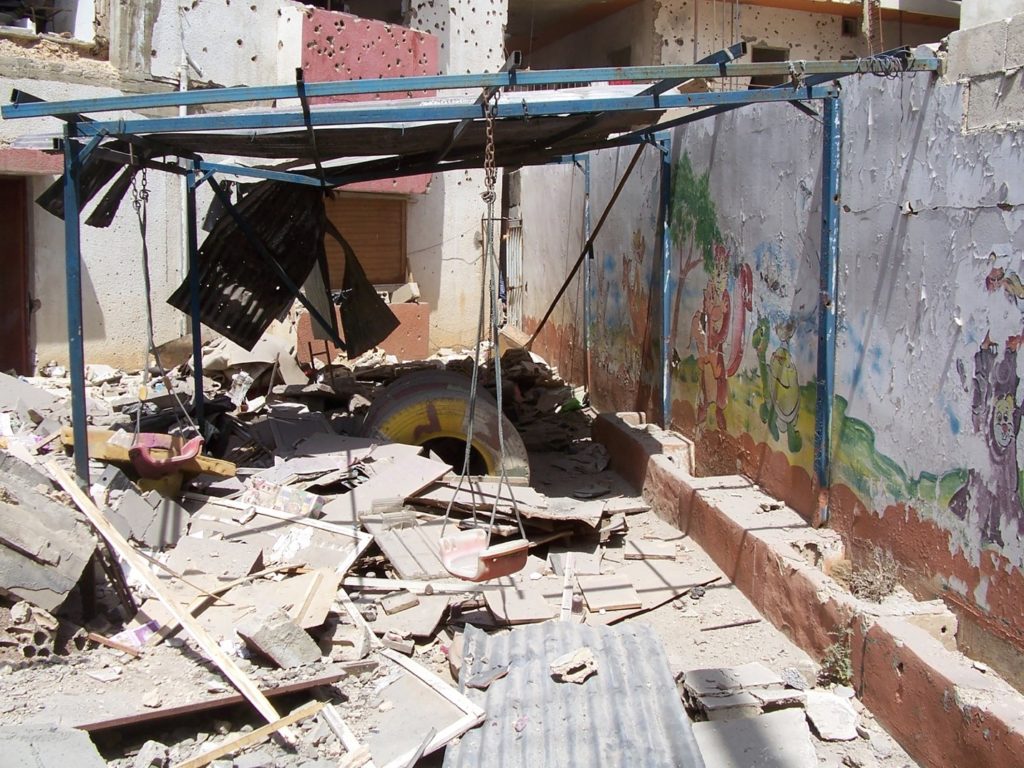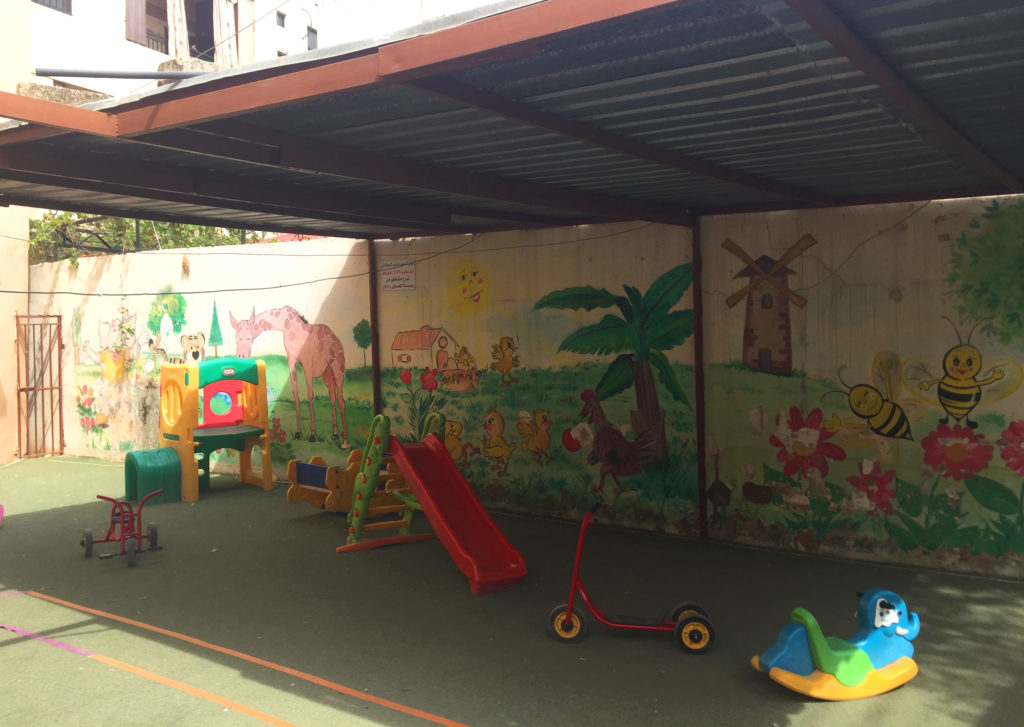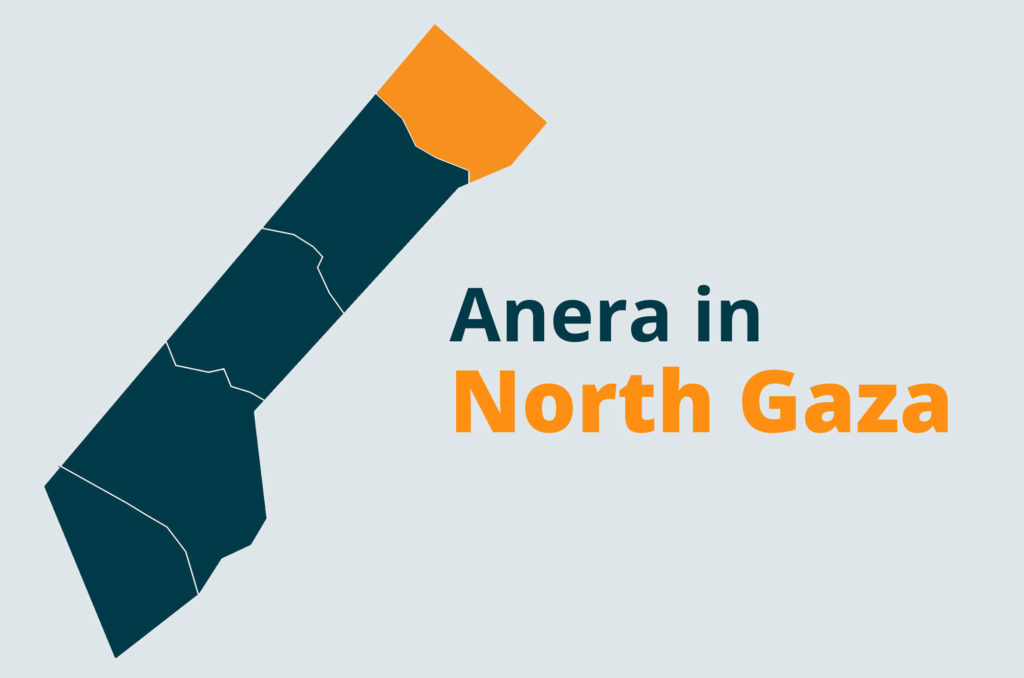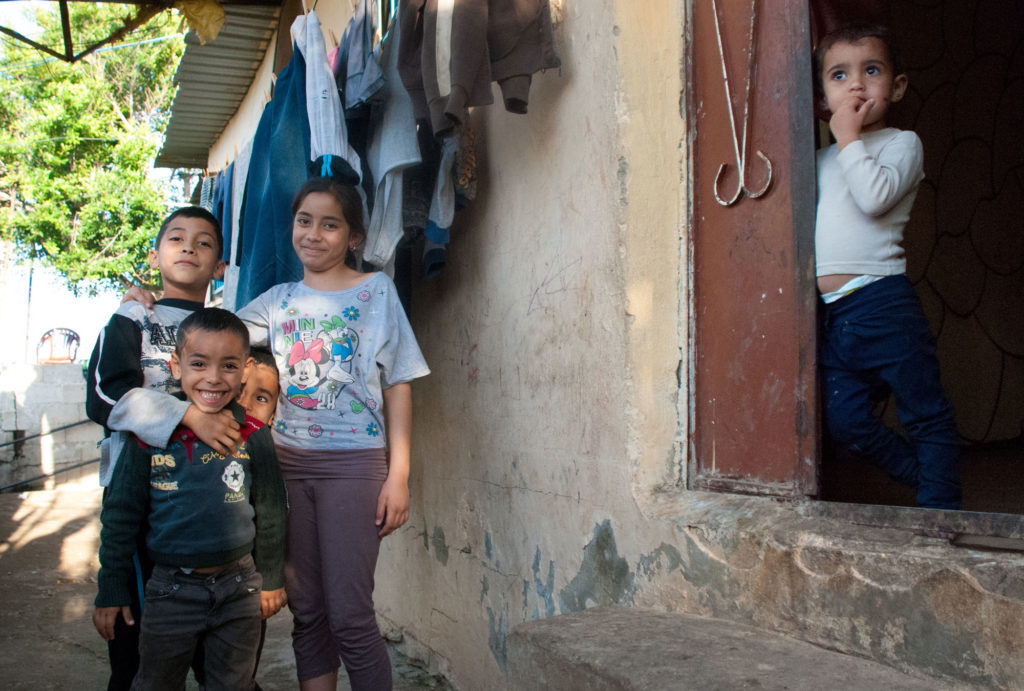COMMUNITY
Beit Atfal Assumoud
Oct, 2018
Conflict has marked the lives of Palestinian refugees in North Lebanon. Organizations like Beit Atfal Assumoud remain undaunted. “We were able to rise from the rubble,” says the director of the local community non-profit and Anera partner. “Today, we provide services for Palestinian refugees and disadvantaged people of other nationalities living in or near the camps.”
Some 15 kilometers north along the Lebanese coast from the city of Tripoli lies the Nahr El Bared refugee camp. Situated in North Lebanon and just south of Akkar, Lebanon's northernmost region, the camp takes its name from the Nahr El Bared River (literally translated as “cold river”), which meets the Mediterranean Sea next to the settlement.
The camp was established in 1949 for 6,000 refugees relocated from villages along Lebanon’s southern border. Nahr El Bared covers approximately one sq. km (0.4 sq. miles) and has never been expanded to accommodate the natural growth of its population, which has increased fourfold since its establishment.
As in all refugee camps in Lebanon, residents of Nahr El Bared confront poverty and high unemployment. Young people are particularly affected. Many families are dependent on their small earnings from fishing and agriculture.
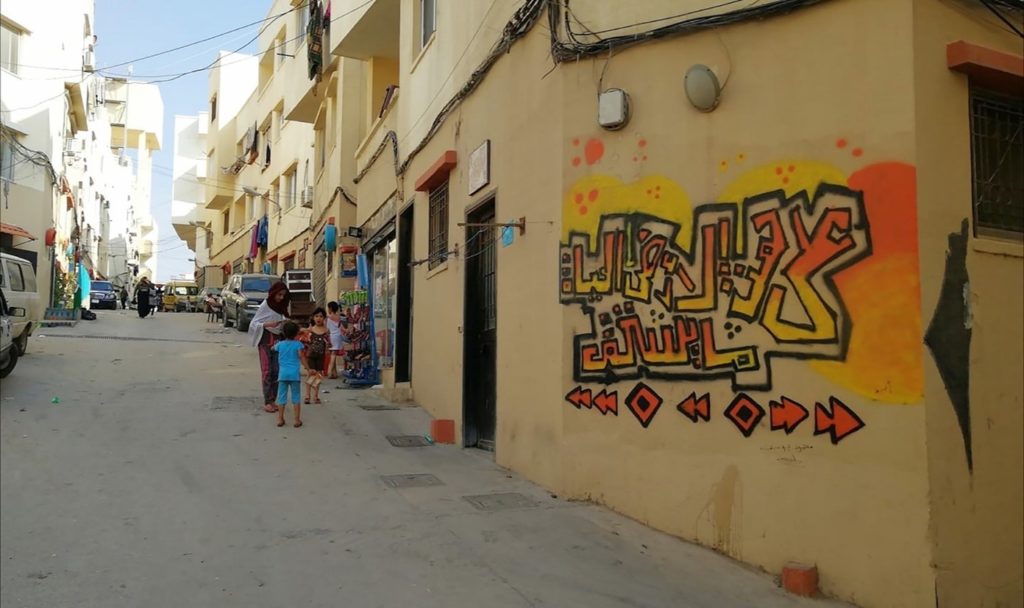

Seeking solutions to these issues, Beit Atfal Assumoud was established in the camp in 1976, one of its many locations in Palestinian camps across Lebanon. The organization promotes development and empowerment in Palestinian communities through gender-balanced projects that foster the potential and skills of residents, particularly youth, women, and parents and guardians. Originally located in a small rented house, Beit Atfal Assumoud began providing assistance and accommodation for orphans who lost their parents during the Tal Al Zaatar massacre of Palestinian refugees over 40 years ago.
Conflict has marred recent history as well. In 2007, fighting between the Lebanese Army and a group known as Fatah Al Islam seeking refuge inside the camp resulted in the destruction of most of the camp and the mass expulsion of residents (most of whom remain displaced). Beit Atfal Assumoud was not spared.
“The war in 2007 destroyed everything in the camp – most of the center you see now was rubble. We had nowhere to go; it was a very, very difficult time for all of us”, says Abdallah Barakeh, the center’s director.
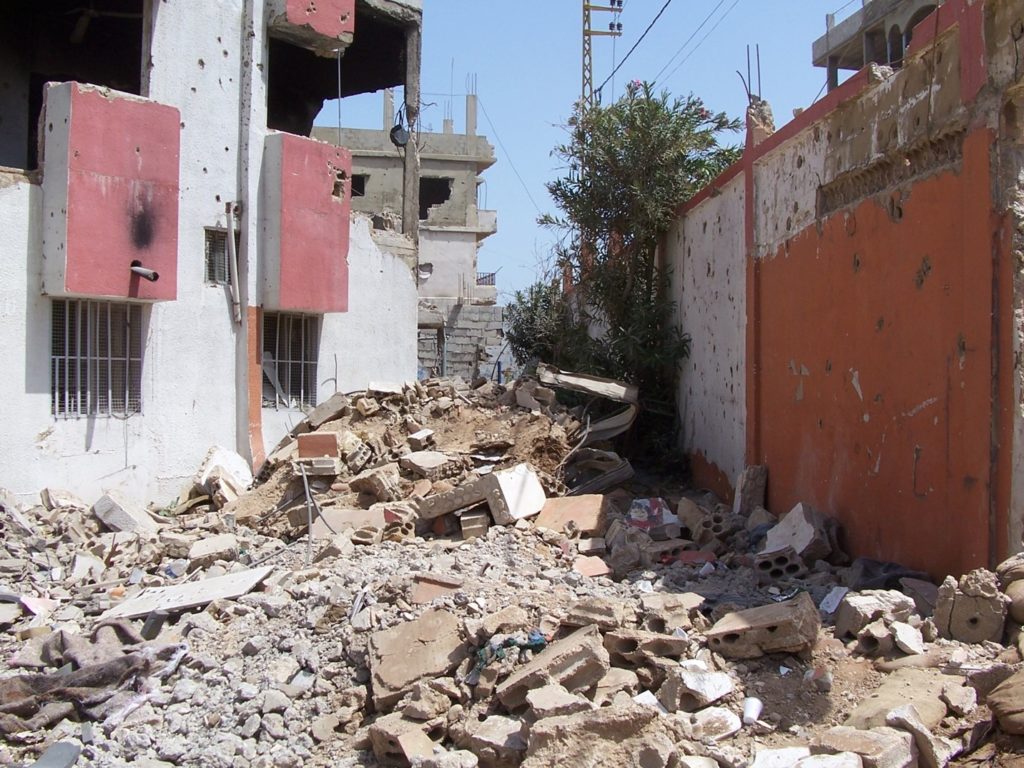

After the war, Anera helped restore part of the center, while also providing much-needed vocational courses and awareness sessions aimed at developing economic and professional opportunities for youth through gender-balanced programs.
“With the help of Anera, we were able to rise from the rubble,” Mr. Barakeh says. “Today, we provide services for Palestinian refugees and disadvantaged people of other nationalities living in or near the camps. Our projects focus on things like mental health, vocational training, reproductive health and peer education. We also have a dental clinic, a kindergarten and a sports club, among other facilities.”
